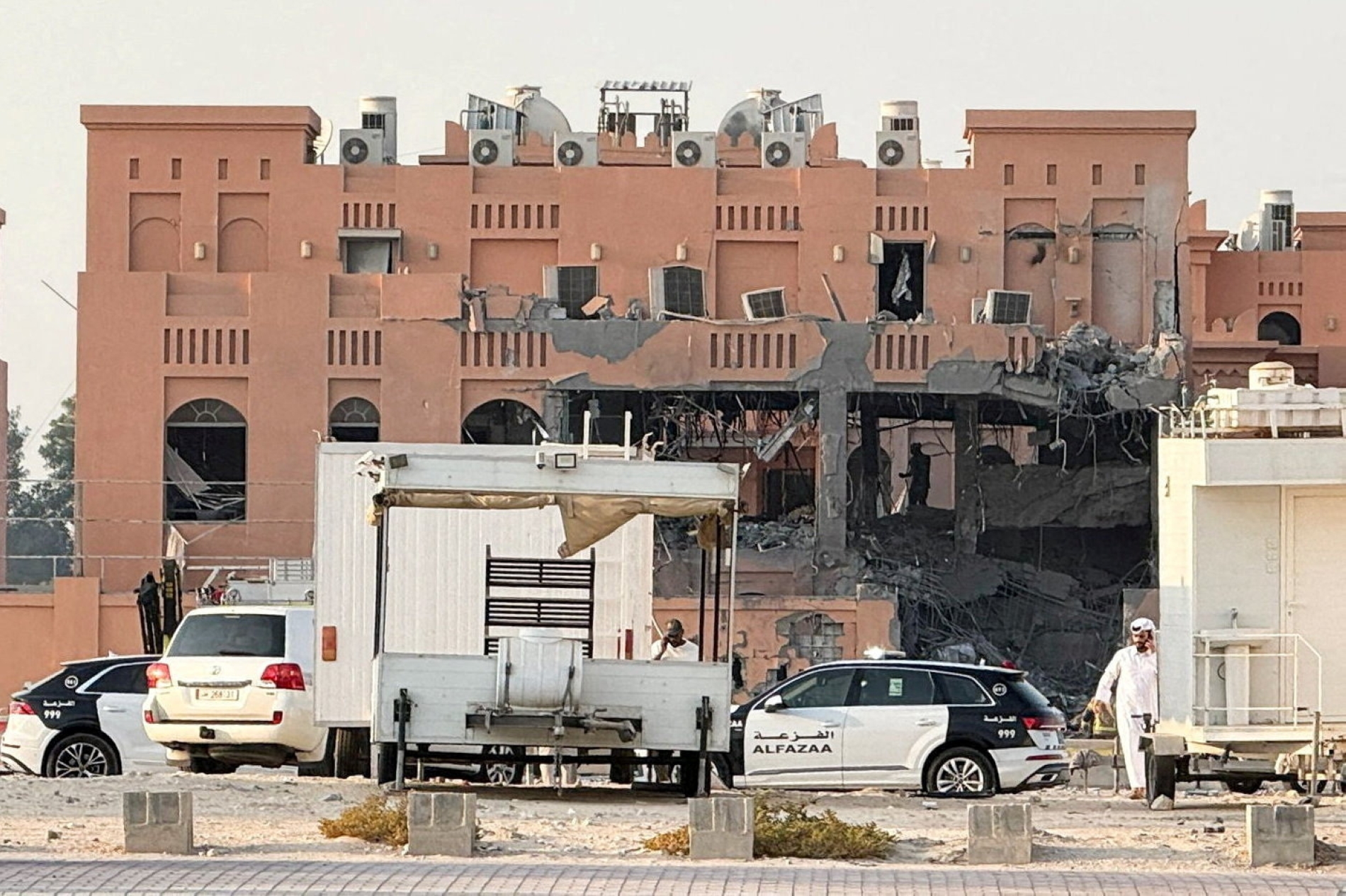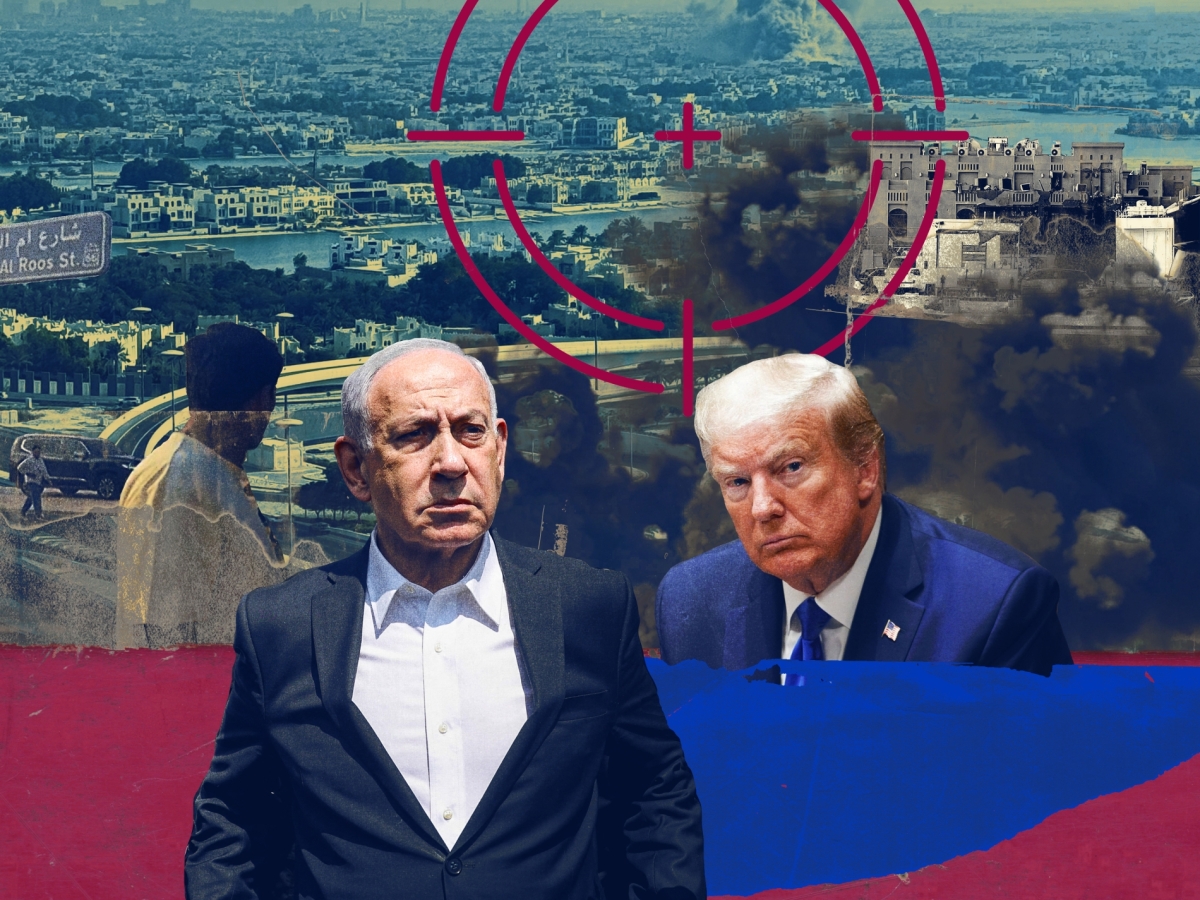Israeli Prime Minister Benjamin Netanyahu's decision to launch an attack against the leadership of Hamas during a meeting at their Qatar headquarters constitutes a major setback for the Trump administration’s attempts to implement a lasting ceasefire in Gaza.
Apart from the Qataris’ anger that their territorial integrity has been violated by the Israeli attack, Israel’s willingness to attack the Hamas leadership while they were actively considering Trump’s peace plan will make them less likely to consider a peaceful resolution to the Gaza conflict in the near future.
No matter how hard the Israelis try to justify their action, the Qatar attack will simply confirm the view in the Arab world that Israel will have no interest in ending hostilities in Gaza so long as Netanyahu remains the country’s prime minister.
Prior to the attack on the headquarters of the Hamas leadership in Doha, the Qatari capital, expectations were fairly high that the latest attempt by US President Donald Trump to end the conflict in Gaza was making progress.
There were even reports that the Israeli government had signed up to the latest terms of the deal, whereby Hamas would release all the remaining hostages captured during the October 7 attacks in 2023, irrespective of whether they were alive or dead. In return, Israel would release hundreds of Palestinian prisoners before the two sides entered negotiations to find a lasting solution to the conflict.
But even though the Trump administration believed it had persuaded the Israelis to sign up to the deal, there were concerns in Washington that Netanyahu was simply playing for time before he intensified Israel’s military campaign to destroy Hamas’s military and political infrastructure in Gaza.

How it went down
On Tuesday afternoon, Israel targeted Hamas’s Qatar headquarters while senior members of its leadership were meeting to discuss Trump’s ceasefire plan. Hamas said five of its members had been killed in the attack, including the son of Hamas's exiled Gaza chief and top negotiator Khalil al-Hayya, but said Israel had failed to assassinate the group's ceasefire negotiation team. A Qatari security guard was also killed.
While the Israelis insist their attack was entirely justified, their decision to target Hamas in Qatar—a country that enjoys good ties with Washington and has played a key role in the ceasefire talks—has sparked outrage in the US, with Trump making it explicitly clear that the Israelis carried out the mission without first discussing their intentions with the White House.
Clearly embarrassed that Israel—a country that is supposed to be a close ally of the US—decided to act alone, Trump took to his Truth Social platform to make clear the US had no role in the attack.














